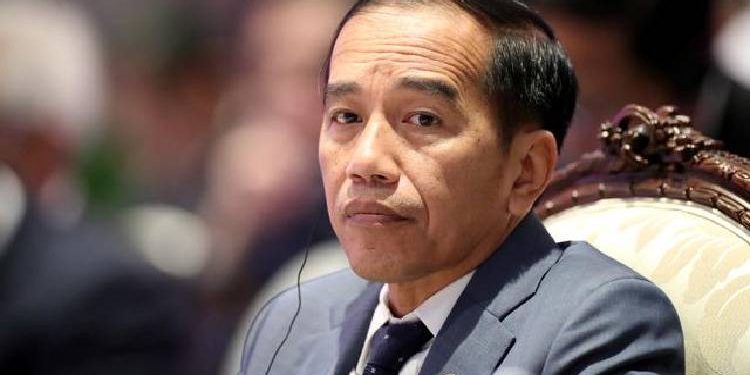Indonesia has moved a step closer to passing President Joko Widodo’s contentious Job Creation bill after parliament’s legislation committee and government ministers approved the latest version of the country’s labour reforms.
The move came despite trade unions threatening to stage a national strike of 5 million workers this week to protest against the proposed labour reforms.
Workers and activists have been holding rallies against the bill since the government brought it to parliament in February, but recent demonstrations have been relatively small due to coronavirus-induced movement restrictions.
The Workers argue the bill favours business at the expense of workers, while environmentalists worry about changing rules on the need for environmental studies may lead to ecological disasters.





